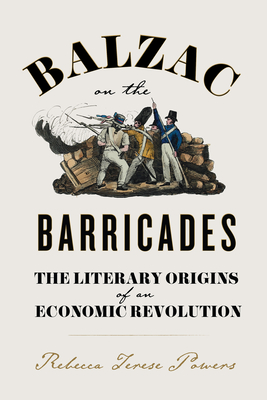
Powers, Rebecca Terese
product information
description
ench literature in a distinctively modern political movement When Parisian workers took to the streets in February 1848, they adopted the rallying cry of droit au travail (the right to work). That protesters increasingly framed employment as a political right represented a radical and modern development. But where had this idea originated? In her examination of this cause célèbre of France's Second Republic, Rebecca Powers shows that the redefinition of labor as a basic right sprang not only from political debates but also directly from contemporary literature. Powers charts the rise of this revolutionary concept through the tales of bourgeois dominance in the novels and newspaper articles of Honoré de Balzac. As Powers explains, this realist semiotician of French provincial and urban life par excellence was the first to attempt a definition of modern labor as an integral part of the emerging modern society. Powers makes clear how recognizing Balzac's influence on mid-nineteenth-century political discourse is essential to understanding the course of events in that earth-shaking year.
member goods
No member items were found under this heading.
Return Policy
All sales are final
Shipping
No special shipping considerations available.
Shipping fees determined at checkout.







